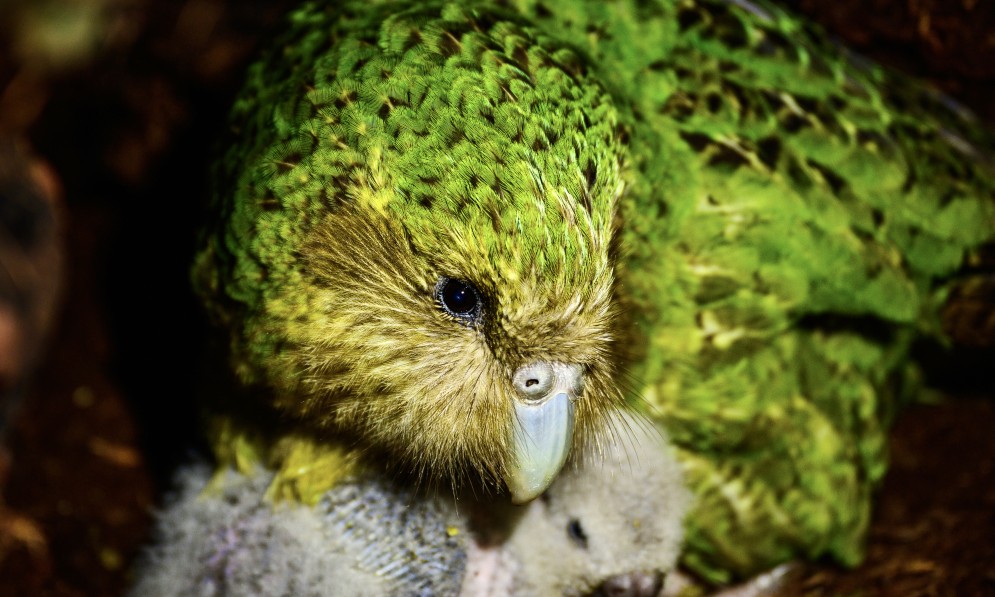Alex Stone looks at the challenges ahead for conservation as we head into 2024 with a new government and an uncertain climate future. Part 1 of 4.
Forest & Bird magazine
A version of this story was first published in the Summer 2023 issue of Forest & Bird magazine.
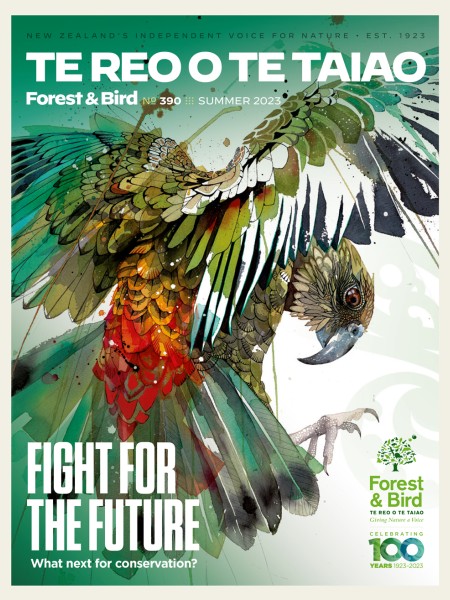
In the future of conservation in Aotearoa New Zealand, what does “good” look like? What are the likely successes and where should we focus our efforts?
I started this enquiry by talking first to young and emerging conservation scientists and practitioners. Surely they will have this figured out?
And sure enough, they do. But many would not speak on record – being naturally cautious about future job prospects.
But then another theme emerged. What these conservation leaders-of-the-future were telling me was mirrored in much of what us greybeards and silver-heads have long espoused.
There seems to be much consensus about the future of conservation and its challenges. What are the constituent components of this?
Climate change tops the list as the big influencer of the future. It will dominate all our planning, policies, future successes (and failures).
Political leadership will be key in all conservation domains, particularly climate.
The conservation sector coming together and speaking as one voice is another critical success factor.
But perhaps the most burning question as we head into 2024 is whether there is going to be sufficient and sustained funding for conservation.
"Many individuals are doing what they can. But real success can only come if there is a change in our societies and in our economics and in our politics.
Funding conservation
Going forward, New Zealand’s unfortunate record of spending way less than 1% of Crown revenue on the conservation portfolio should be addressed.
In May 2018, when Conservation Minister Eugenie Sage, a former Forest & Bird staffer, unveiled the Labour government’s “biodiversity budget”, she said the $181.6m boost for the Department of Conservation was long overdue.
In fact, the 16% increase over four years was the first time in more than a decade government spending on conservation had increased beyond inflation, according to Forest & Bird’s calculations.
Two years later, the $1.2 billion Jobs for Nature programme was unveiled as part of the government’s Covid-19 recovery package. It kickstarted a string of ambitious community-and iwi-led conservation initiatives and created a small army of newly trained conservationists.
But the programme is due to come to an end in June 2024, worrying the many local groups who have benefited from its funding and whose environmental work is not finished.
National announced before the election that it would cut DOC’s budget by 6.5%, prompting Forest & Bird and other leading environmental organisations to demand a rethink.
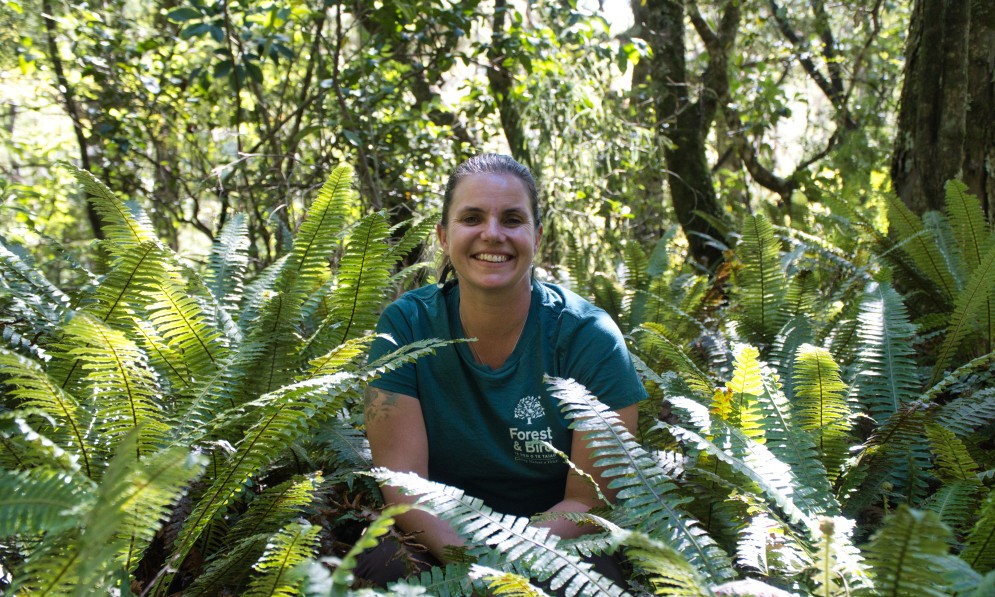
Forest & Bird chief executive Nicola Toki. Image Forest & Bird
Forest & Bird’s chief executive Nicola Toki said the idea of defunding DOC in the middle of biodiversity and climate crises was irresponsible leadership.
“We know that investing in nature-based solutions, increasing wetland protection, and controlling browsing mammals reduces the impacts of climate events and improves our ability to reduce emissions,” she said.
“Given our love for native wildlife, it’s short-sighted and wrong-footed to be reducing the budget of the agency that is tasked with protecting our taonga species.
“DOC’s budget is about the same as the Christchurch City Council’s, but it has to look after a third of Aotearoa.”
If the new government goes ahead with cutting DOC’s already limited funding, it will put even more pressure on volunteer-led community groups to pick up the slack.
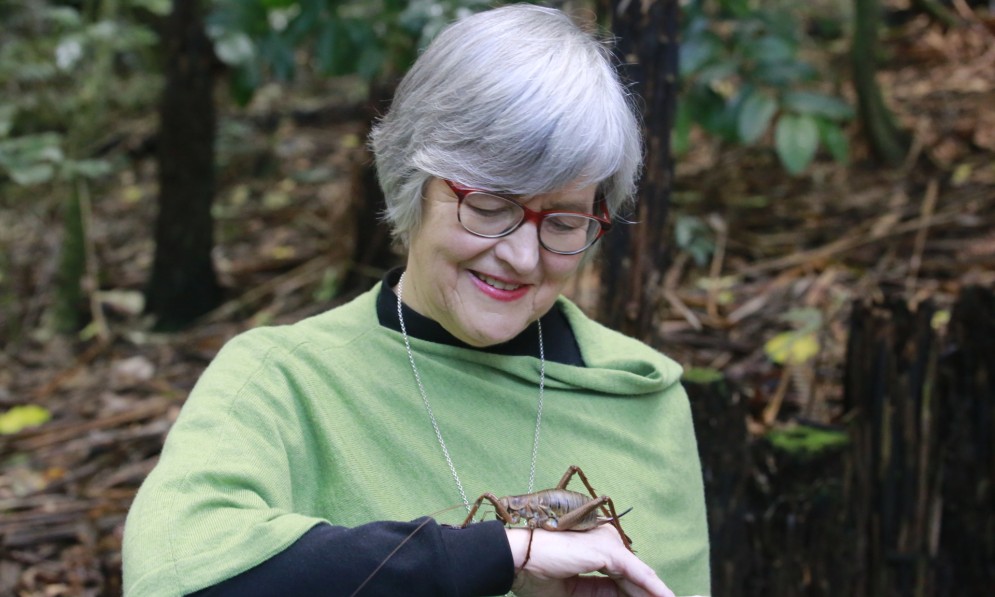
Eugenie Sage with a wetāpunga at Auckland Zoo. Image supplied
I asked Eugenie Sage, who stood down from Parliament after the election, what the new government’s conservation priorities should be going forward.
“We need increased investment in the control of deer, Himalayan tahr, goats, wallabies, and other browsing pests and wild animals to reset their populations to much lower levels and protect the health of our forests, tussock grasslands, and alpine habitats,” she said.
“With more frequent mast years, it is essential to expand the extent of conservation land subject to aerial pest control to avoid further decline in our native birds and other wildlife.”
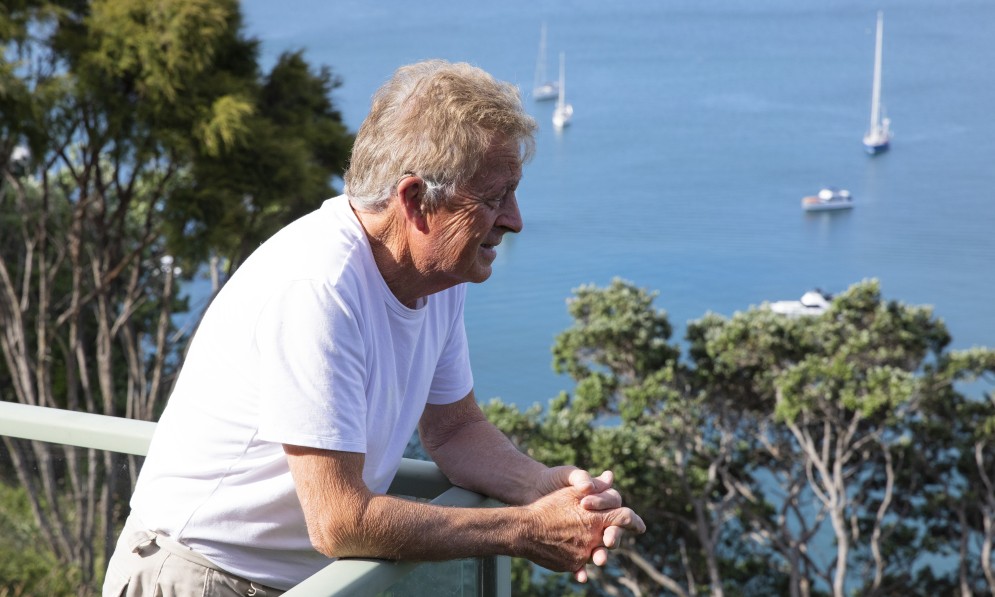
Mike Lee, head of the Friends of the Hauraki Gulf. Image supplied
Auckland councillor Mike Lee, a veteran conservationist, says the government’s decision-makers need to value nature and put its needs first. As head of the Friends of the Hauraki Gulf, Mike has been campaigning for a new marine reserve for the north-west of Waiheke.
“I have been actively involved in the conservation movement since the early 1980s, a time of widespread uplift in awareness of the importance of nature in New Zealand.
“It was a time of major battles, mainly focused on saving native forests, in which the Royal Forest & Bird Protection Society led the way, fought, and won.”
Mike says nature protection isn’t the sole priority for government decision-makers, who also have to weigh up other factors, including economic development and Treaty obligations.
“This can be challenging for citizen conservationists,” he adds. “I am confident, however, that over the long term things will trend back to valuing nature in its own right, for the intrinsic value of ecosystems and our unique wildlife on land and in the sea. This was the mission which inspired the modern-day conservation movement 40 years ago.”
It’s clear that, with nearly a third of our terrestrial land being in conservation estate – and it being the cornerstone of our international brand – it deserves to be given much more government funding.

